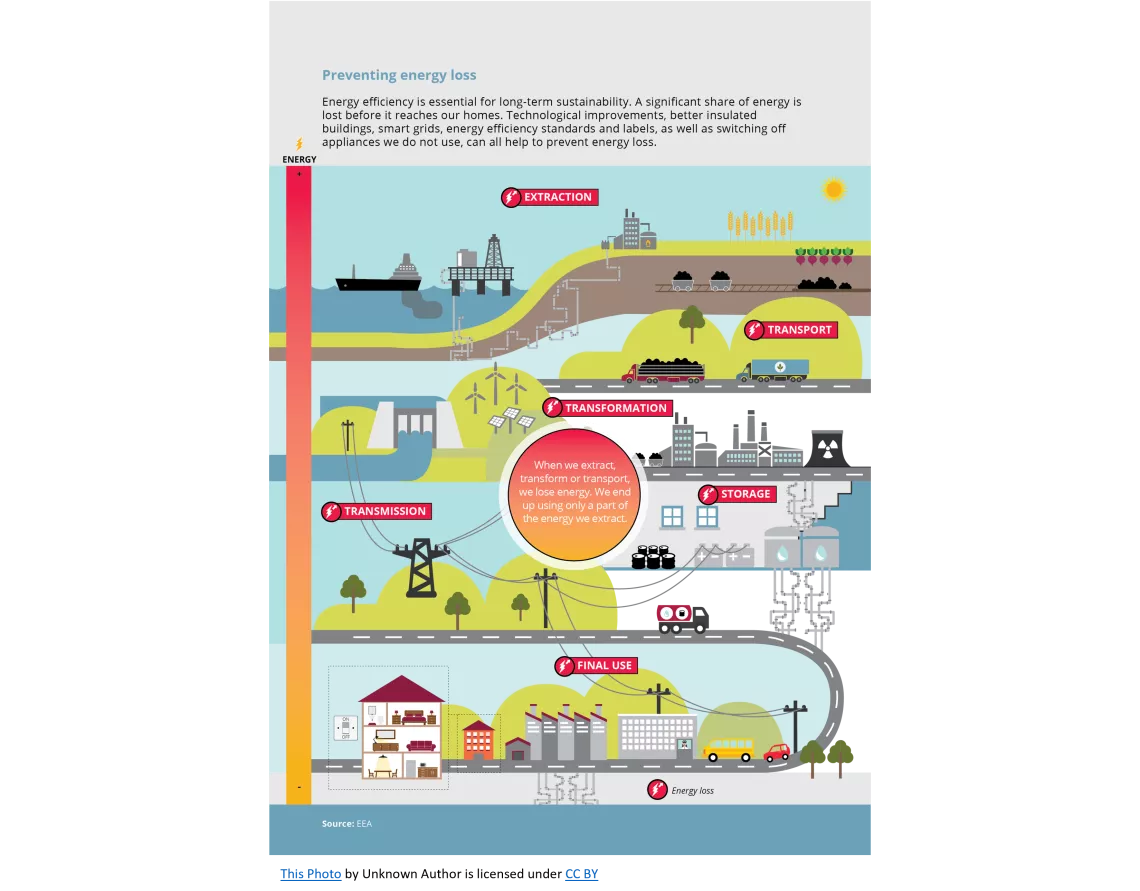
By Ty Gorman, Senior Campaign Representative, Sierra Club Beyond coal Campaign for Kansas and Oklahoma
Kansans are proud of our coaches and sports teams and their victories: the 2022 NCAA Basketball Championship (Kansas University) and the 2023 Big 12 NCAA Football Championship (Kansas State University).
In comparison, Kansas ranked 49th of all 50 states and the District of Columbia in an energy efficiency study conducted by the American Council for an Energy Efficient Economy (ACEEE). Kansas has earned a low ACEEE ranking for more than a decade. It is the equivalent of Kansas collegiate athletics finishing at the bottom of their conferences, year after year after year. It is an embarrassment.
Our state’s low ACEEE ranking should be no surprise given the high cost of energy that Kansans suffer. The study recognizes that cost-effective energy efficiency could help Kansans lower energy costs. But Kansas has repeatedly rejected energy efficiency as a least-cost energy resource even though it would greatly benefit Kansas utility consumers. Our priorities must shift from continued reliance upon expensive supply-side energy generation like power plants to low-cost, demand-side energy savings produced by insulation or new windows and doors.
In December 2021, Evergy filed a new application with the Kansas Corporation Commission (KCC) to materially increase its utilization of energy efficiency measures in lieu of building high-cost, supply side resources such as a new natural gas power plant. That application and the amendments to benefit customers accepted by Evergy were endorsed by several consumer and environmental organizations. Cost-effective energy efficiency helps lower customer bills. It is clean energy, reducing future reliance on supply-side energy resources that will likely become more expensive. It allows utility consumers to lower their own energy bills. Every state in the nation sees the benefit of this low-cost resource, but Kansas has remained oblivious for over a decade.
What would our Kansas coaches say about our state rank on energy efficiency? They might tell us to eat a cheeseburger, but maybe they would tell us that no team ever won a championship with a short-term goal of winning a couple of games. Kansas cannot raise its energy efficiency ranking by adopting limited energy efficiency programs. The KCC must fully dedicate itself to the proposition that meaningful energy efficiency can reduce consumer energy costs, and act accordingly.
Our Kansas coaches would also tell us that to achieve greatness, a team must compete with the strengths and weaknesses it has. It cannot wait for a better moment. Thus, Kansas must realize that, in the absence of a robust state energy office and state energy plan, utilities offer the best, if not the only, path to promoting energy efficiency programs for its citizens. The KCC cannot hold itself out as favoring energy efficiency, but continually reject utility applications that propose lawful and reasonable energy efficiency programs.
Kansas can achieve the excellence in energy efficiency implementation that our college teams have shown in their competitions. Like sports teams that continually seek to improve, Evergy will need to improve its energy efficiency programs over time, if they are to survive. But it is only after these energy efficiency programs begin that ratepayer benefits and costs can be accurately measured and verified so that refinements to these programs can effectively be made.